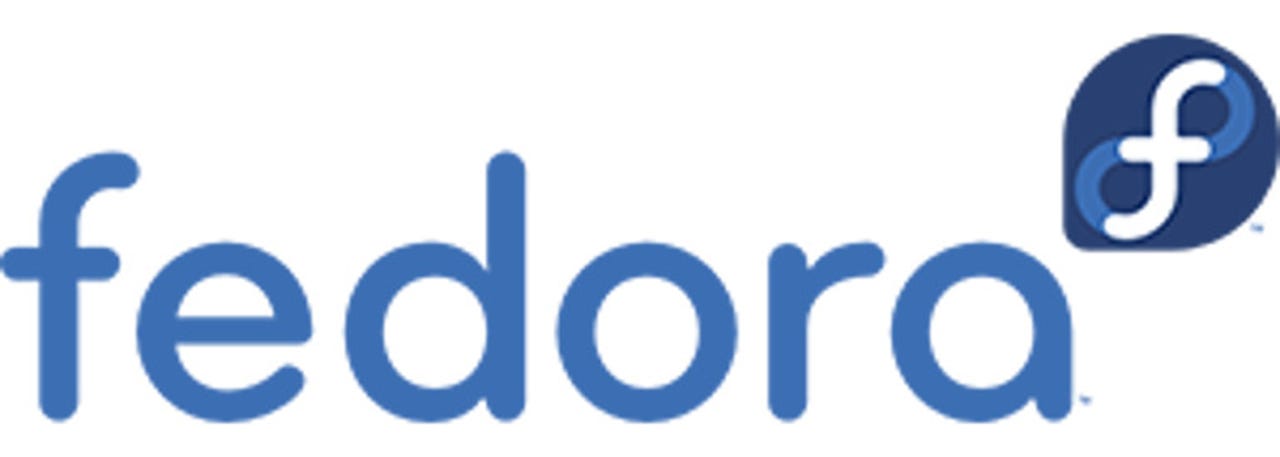Fedora 25 beta released: Community Linux for containers arrives

Many Linux programmers use Fedora, Red Hat's community Linux distribution for development. But Fedora has been far more than that lately. It's also become the testing ground for Red Hat Enterprise Linux (RHEL). That means it comes in three different editions: Workstation, Server and Cloud

The new Fedora Linux has something for desktop users, server sysadmins, and cloud DevOps.
Fedora 25's new features and capabilities include:
- The long-delayed official debut of the Wayland display server, Wayland, which has been in the lab since 2010, is finally ready for prime time. It's meant to replace the legacy X11 system. Wayland's goal has always been to provide a smoother, better user-interface experience.
- Improved Flatpak support for developers. Flatpak is a new attempt to provide a universal Linux packaging system. It's meant to make it easier to install, update and remove programs
- Replace Fedora distro ISO downloads with Fedora Media Writer. Instead of simply downloading an ISO, this multi-platform tool automatically downloads the installation ISO images and use them to create a bootable USB drive or DVD disc.
- An SELinux Troubleshooter module for the Cockpit web browser system administrator tool. This will provide suggestions when an SELinux security denial is encountered. It's meant to enable sysadmins to avoid log checking and manual workarounds.
- The replacement of Fedora Cloud with Fedora 25 Atomic Host. This will officially launch when Fedora 25 is generally available. Fedora 25 Atomic Host is tailored for running container-based workloads, on both the cloud or on bare metal.
Each edition of the new Fedora is based from a common set of base packages. The Fedora 25 Beta provides many minor bug fixes and tweaks to these underlying components. It also includes new and enhanced packages. The most important of these are:
- Docker 1.12 for building and running containerized applications
- Node.js 6.5, the latest version of the popular server-side JavaScript engine
- Support for Rust, a faster and more stable system programming language
- Multiple Python versions - 2.6, 2.7, 3.3, 3.4 and 3.5 - to help run test suites across several Python configurations, as well as PyPy, PyPy3 and Jython
The most interesting change, however, isn't in the beta. The Fedora Cloud is being replaced by Fedora 25 Atomic Host. This is a small footprint, purpose-built version of Fedora, which is designed expressly to run containerized workloads. It will include a base image for creating virtual machines; an Atomic Host image for creating hosts for container deployment; and a Docker image.
Put it all together and enterprises have a view of Red Hat Linux's future. Developers will finally get a chance to see what life is like with Wayland as their mainstay display server. If you want to try it for yourself, Fedora is ready for download.
Do keep in mind, it is a beta. There will be bugs. Still, it's a small price to pay to see tomorrow's Linux technologies today.
Related Stories: